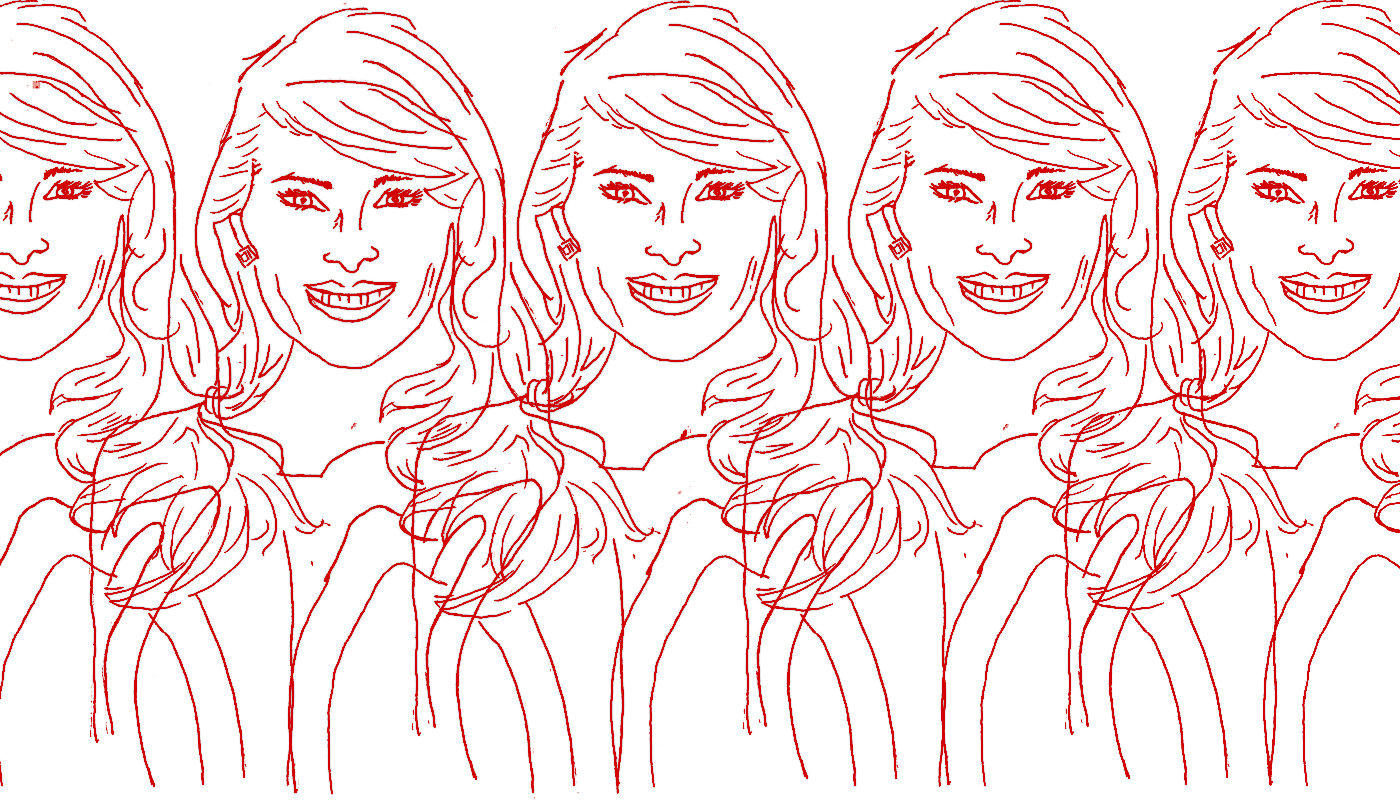
by Jonathan Valelly
I love Melania Trump.
Really, I mean it.
Sure, as a queer, lefty, zinemaking American expat in Toronto, you might assume that anything to do with Donald Trump or his family would cause an immediate wretching on my part. And it’s true that, like any person with half a soul, election night brought me a mix of a deep fear and a hardening conviction to resist the awful futures Donald Trump’s presidency makes possible.
Yet Melania Trump still, perversely, makes me smile, and I’m finding that it’s less out of some perverse, campy irony (though there’s some of that) and more because there’s just so much I find fascinating about her.
The 46-year-old Slovenian First-Lady-to-be has been mocked and meme-ified for her career as a model, including some very sexy and scantily clad shoots. She’s been teased for being too dense to see the irony of taking up cyberbullying as her pet cause (her own husband’s Twitter account being so destructive and nasty). And she’s been accused, perhaps accurately, of being deeply disengaged with — even distressed by — the office of the First Lady amidst suggestions that the Donald’s daughter Ivanka will fill the role.
But when prodded further, liberals’ tendency to belittle or laugh at Melania Trump belies an obsession with respectability, and a cruel, knotty attachment to restrictive morés of what a woman, her marriage, and her family ought to be. Of course, the particular flavour of disparagement that Melania Trump invokes is not to be compared to the outright racist and horrifying insults that Michelle Obama has repeatedly suffered merely for existing. But Melania presents consumers and creators of culture a complex and challenging figure to negotiate.
In a recent, largely incoherent article on Esquire.com, the headline pleads “Please Don’t Make Melania Trump a Gay Icon.” Of course, nobody has the power to make a person a gay icon (if it’s meant to be, we have no choice. Praise Whitney!). However, the author goes on to list all of the great reasons Melania might be a rockstar for the gays — she’s gorgeous, a bit cartoonish, and in many ways perfectly kitschy. Even so, the piece turns around and concludes that “the whole [Trump] family needs to be targets of our contempt, not just the one in charge.”
But why? Sure, Melania probably rubs shoulders with some truly evil people, and did steal bits of Michelle Obama’s DNC speech (very probably, unwittingly). And she has publicly, if begrudgingly, defended her husband’s misogyny and sexual predation.
But she also seems totally disinterested in him as a person, fairly apolitical, and seems to mostly enjoy being fabulous and doing her own thing. She isn’t your typical wife or mom, and she isn’t an easy First Lady to get a read on.
The truth is, there’s a lot we don’t know about Melania’s life. Does she spend much time with Donald? Is he as big of an asshole to her as he is to other women? How does she overcome that? How might we criticize Melania Trump, while also acknowledging her formidable success and what must be great strength to survive a strange, dark life?
And seriously, possibly most importantly, how can we get past the sexist, paradigmatic nuclear family bullshit that make us feel like it’s okay to criticize people like Melania who might marry for wealth, people who have multiple marriages, or people who stay in marriages that displease the public or even themselves?
Melania challenges us to make room for a different kind of first lady. A kind of first lady who most likely doesn’t care whether we make her a gay icon, or whether she lives in the White House, or whether we know what her day looks like or what her values are. So she enters into our artistic and cultural imaginary as a living vessel for so many of our anxieties and our questions. So let’s do it.
Let’s learn to learn to symbolize, learn to be surprised by, and yes, learn to love Melania Trump.
Jonathan Valelly is the editor of Broken Pencil.
